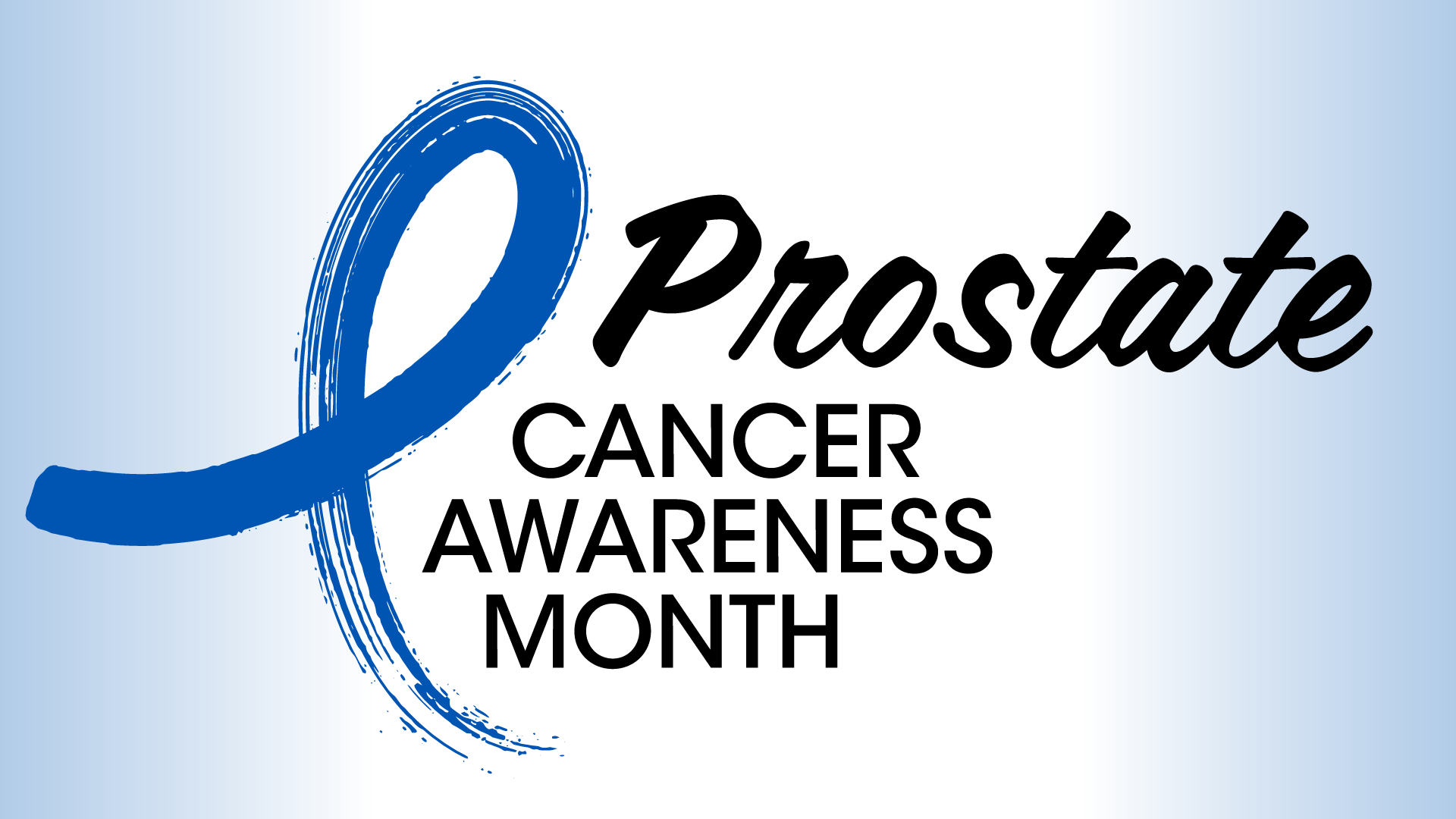
AI May Help With MRI Interpretation During Prostate Cancer Detection

Artificial intelligence may be useful in screening for prostate cancer in patients with elevated prostate specific antigen levels who have undergone MRI, according to Wayne G. Brisbane, MD.
CancerNetwork® spoke with Wayne G. Brisbane, MD during
Brisbane, an assistant professor of urology at the University of California, Los Angeles (UCLA) Health, discussed his experiences with a machine learning algorithm called Unfold AI in patients with elevated prostate specific antigen (PSA) levels who need to proceed to an MRI, which his practice often employs in prostate cancer detection. He described how the AI program may be able to elucidate signs of disease in an MRI that are not typically perceptible to the human eye, thereby giving information on how best to manage the tumor.
Transcript:
AI is being used in prostate cancer in a couple of different ways, mostly on the diagnostic side. I use it in men who come in with an elevated PSA, which is our best and most reliable way to screen men for prostate cancer. If you have an elevated PSA—I tell men it’s like a thermometer for your prostate; it goes up for all kinds of reasons—maybe it’s something in the prostate that could just be size or some inflammation, but it could be prostate cancer. [Therefore], we need to figure out exactly what that is for men.
We’re using AI to interpret the MRIs. After a PSA elevation, oftentimes men will get an MRI or a biomarker [assessment]—in my [practice], we use MRI quite a bit. We will use the MRIs, and if it doesn’t look like there’s anything to the naked eye, we’ll have an AI go and take a second look at it. [From there] if there is a lesion on the MRI and we do a biopsy. We’re using a machine learning algorithm called Unfold AI that carefully predicts the location and extent of the tumor. We use that to help us perform treatments.
Newsletter
Stay up to date on recent advances in the multidisciplinary approach to cancer.



































